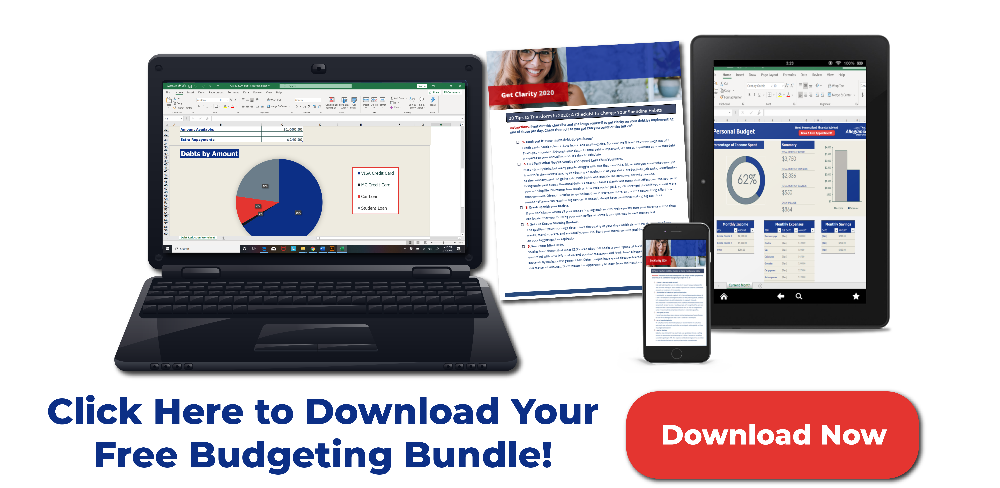Teens and Money: Preparing to Move Out

You may feel emotionally ready to move out on your own, but are you financially prepared? Living independently means much more than not having to be home by curfew; it comes with a great deal of financial responsibilities. Before you take the leap, know how much the big move will cost you, now and in the future.
Moving Out
There are many costs to prepare for just to walk in the door of your first home. You may need to save for at least a few of these big ticket items:
- Moving expenses. If your friends won’t do it for the price of a couple of pizzas, you may be looking at hiring some help and renting a moving van.
- Rent for the first and last month. Paying two months rent protects the landlord financially (in case you move out on a moment’s notice) but it can be quite a lot of money for a first-time renter to come up with.
- Security deposit. Most landlords require a security deposit, which is held as protection against damages to the premises or unpaid rent.
- Cleaning deposit. Yet another cash sum a landlord is likely to want is a cleaning deposit. This is held in the event the residence needs some extra scrubbing after you move out. If you have a pet, expect the cleaning deposit to be even higher.
- Utilities and telephone deposit. Before you ever turn on the heat or make a phone call, you may have to put down some money to activate these necessities.
- Furniture and appliances. Most rentals don’t come furnished. Depending on the room, you may have to buy a few key items to be somewhat comfortable:
Bedroom – bed, mattress, linens, pillows, dresser, rugs, lamps
Living room – sofa, chairs, coffee table, television, DVD player, stereo, lamps, rugs, pictures
Kitchen – table, utensils, dishes, cookware, microwave, cleaning supplies
Bathroom – hair dryer, shower curtain, bath mat
Of course if you will have roommates, you’ll be sharing at least some of these costs. But even with a quick estimation you can see that you may need to save quite a lot to leave home.
Find Clarity in Your Finances with Your Own Budgeting Bundle: Download Now
Monthly Bills
Once you are in your own place, the costs continue. It is extremely important to pay all bills on time. If you don’t, you’ll probably be charged late payment fees, and if left unpaid, they will go into a collection agency. Dealing with collectors is not only highly unpleasant, but the negative effect on your credit report is severe. And if you default on some, such as telephone and other utilities, you may not be able to turn them on again until they’re paid (and even then it can be difficult).
If you are sharing your home with roommates, establish how the bills will be paid from the beginning. You may be able to split some and have each one send a check for their portion of the amount due. Another option is for one of you to act as the money manager and collect from the others. However you arrange it, if the accounts are in your name, know that you are responsible for sending the complete payment in on time.
- Rent: If the rent is due by the first, don’t pay on the fifth or some other late date. Think ahead. It is highly unlikely that you will remain forever in the first place you get, so being a good tenant today will help you rent another place in the future. The last thing you want is to establish a bad relationship with your landlord, the very person you will turn to for a glowing rental history reference.
- Utilities: Utilities include cable, Internet access, garbage, gas, electric, and water. You will soon understand why your parents were always telling you to turn the lights off when you leave the room.
- Telephone: Whether you have a landline, cell phone, or both, know that all that chatting can cost you big money unless you have an unlimited plan. Be careful with your minutes!
Moving out and living independently for the first time can be a thrilling experience. You can make it even better by being financially prepared and responsible from the beginning.











